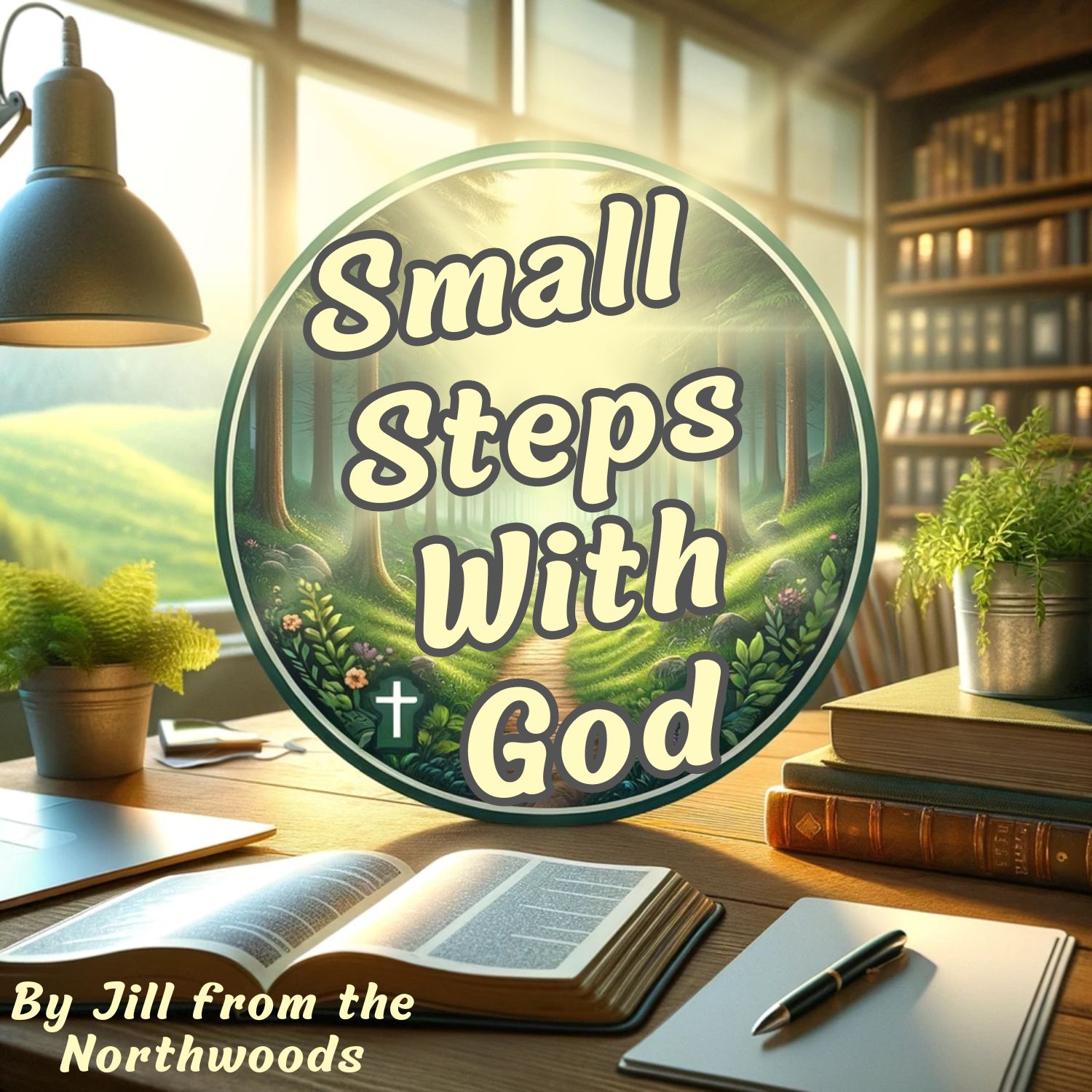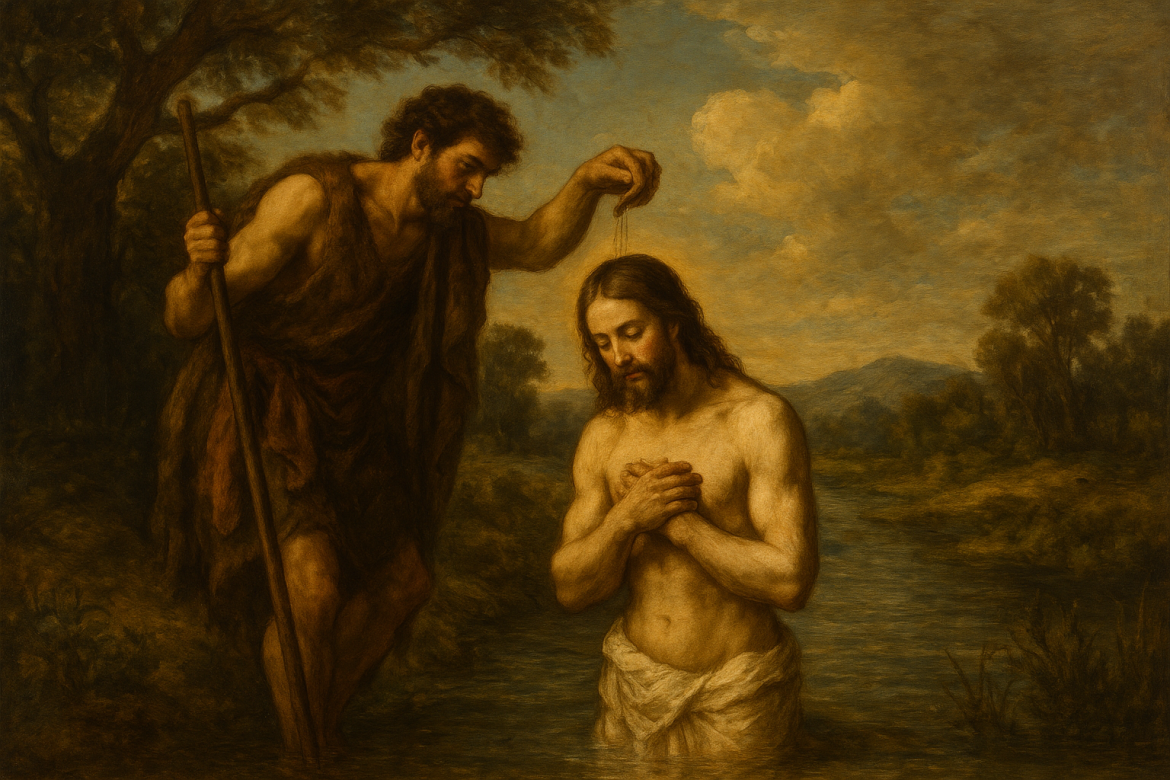Few biblical figures stir the imagination and inspire across cultures like John the Baptist. Known for his fiery sermons, humble spirit, and unwavering dedication to pointing others toward Jesus, John was not just a forerunner—he was a bridge between the old and the new. His life was filled with symbolism, prophetic fulfillment, and timeless lessons on faith, courage, and spiritual focus. Today, John continues to speak to anyone who seeks purpose, clarity, and the boldness to stand for truth.
Who Was John the Baptist?
John the Baptist’s story begins with a miracle. Born to elderly parents, Zechariah and Elizabeth, his conception was foretold by the angel Gabriel. His name, John, meaning “Yahweh is gracious,” already set the tone for his divine mission. Unlike others of priestly heritage, John chose not the temple courts but the wilderness. His life, clothes of camel’s hair, and diet of locusts and honey painted a picture of radical devotion and simplicity.
This wilderness existence wasn’t about eccentricity. It was symbolic. John mirrored the prophet Elijah, known for his solitary devotion and passionate warnings. Isaiah had foretold, “A voice of one calling: In the wilderness prepare the way for the Lord.” John embodied that prophecy.
A Bold Message of Repentance
John’s message was unapologetically blunt: “Repent, for the kingdom of God is near.” He urged people not to rely on heritage for righteousness. Being children of Abraham wasn’t enough; transformation of the heart was what mattered. This directness attracted crowds from all over Judea and beyond.
John’s baptism was more than ritual cleansing. It was a call to readiness. While Jewish mikvahs represented spiritual purification, John’s baptism was about preparation for the coming Messiah. It was about inward change, visible in outward commitment.
Baptizing Jesus: The Turning Point
When Jesus approached John to be baptized, John recognized Him immediately: “Behold, the Lamb of God, who takes away the sin of the world.” Though feeling unworthy, John obeyed. This moment marked a shift—symbolically moving from the age of the Law to the age of Grace. Early church leaders saw this event as the transition from baptism by water to baptism by the Holy Spirit, which would later come at Pentecost.
John understood his role. He famously said of Jesus, “He must increase, but I must decrease.” His mission wasn’t self-glorification—it was redirection. Even as followers like Andrew moved on to follow Jesus, John rejoiced. His goal was never to build his own following, but to prepare hearts for Christ.
A Martyr for Truth
John’s outspokenness led to his arrest by Herod Antipas. He publicly condemned Herod’s unlawful marriage to Herodias, which ultimately led to his execution. According to the Gospels, Herodias’ daughter’s dance prompted Herod to make a rash vow, and John was beheaded.
Historical sources like Josephus confirm John’s influence and his death, offering a slightly different angle—suggesting Herod feared John’s popularity might incite rebellion. Even those outside the faith recognized John’s impact.
Legacy in Christianity, Judaism, and Islam
The early church revered John as a model for preachers, ascetics, and martyrs. Thinkers like Augustine emphasized that John was the greatest among those born of women, yet those who experience the resurrection would be greater still. This highlighted the unique transition John represented: he stood at the crossroads of covenants.
Christian tradition even holds that John continued to “prepare the way” after death, announcing Christ’s arrival to the dead in Sheol—a poetic echo of his life’s purpose. Islam also honors John (Yahya), recognizing his righteousness and wisdom from youth. He remains one of the few religious figures respected across Judaism, Christianity, and Islam.
Lessons for Today: How John’s Life Speaks to Us
John’s life offers a profound template for anyone striving to live with integrity, boldness, and spiritual focus in a distracted world:
- Live with purpose: John knew his calling and pursued it without distraction. Even when misunderstood, he stayed committed.
- Speak truth, even when it’s risky: His criticism of Herod cost him his life, but his courage shines as a beacon for those called to challenge injustice.
- Point to something greater: In a world focused on personal brand and influence, John reminds us to redirect the spotlight to what truly matters.
- Be ready, not just religious: His message of repentance wasn’t about ritual but readiness—for Christ, for change, for a new way of living.
Conclusion: Preparing the Way in Our Own Lives
John the Baptist didn’t seek fame. He sought faithfulness. In the wilderness, among locusts and honey, with fiery words and a soft heart, he prepared the way for Jesus. His story calls us to step out of comfort, embrace calling, and live in a way that prepares the way—for ourselves, for others, and for the truth to shine.
🎧 Podcast Show Notes
Title: John the Baptist: The Last Prophet and the First Witness
Episode Summary:
In this episode, we explore the fascinating life and legacy of John the Baptist. As a voice crying in the wilderness, John’s message of repentance, humility, and preparation still resonates deeply. From his miraculous birth to his bold ministry, and ultimately to his martyrdom, John stood at the threshold between the Old Testament and the new covenant of grace. This episode looks at who he was, what he did, and why his role matters today.
Top Topics Covered:
- Miraculous Origins: John’s birth was foretold by the angel Gabriel, and his name—meaning “Yahweh is gracious”—marked him as a special figure in salvation history.
- Symbolic Wilderness Life: We discuss John’s choice to live in the wilderness, his symbolic dress and diet, and how his life mirrored that of the prophet Elijah.
- A Bold Message for All: John preached repentance and readiness, challenging listeners not to rely on their heritage but to prepare their hearts.
- Baptizing Jesus: This pivotal moment shifted the spiritual landscape. We explore how John recognized Jesus and why his humble act was so meaningful.
- Martyrdom and Legacy: John’s courageous stand against Herod and his death are examined alongside historical accounts by Josephus and reflections from early church fathers.
Takeaways:
John the Baptist’s life reminds us to live with courage, clarity, and conviction. He calls us to be truth-tellers, to live with spiritual focus, and to recognize our place in a larger story. Whether we’re in the wilderness or in the spotlight, John challenges us to decrease so something greater can increase in our lives. He was not just a prophet—he was a witness. And his message still calls each of us to prepare the way.

